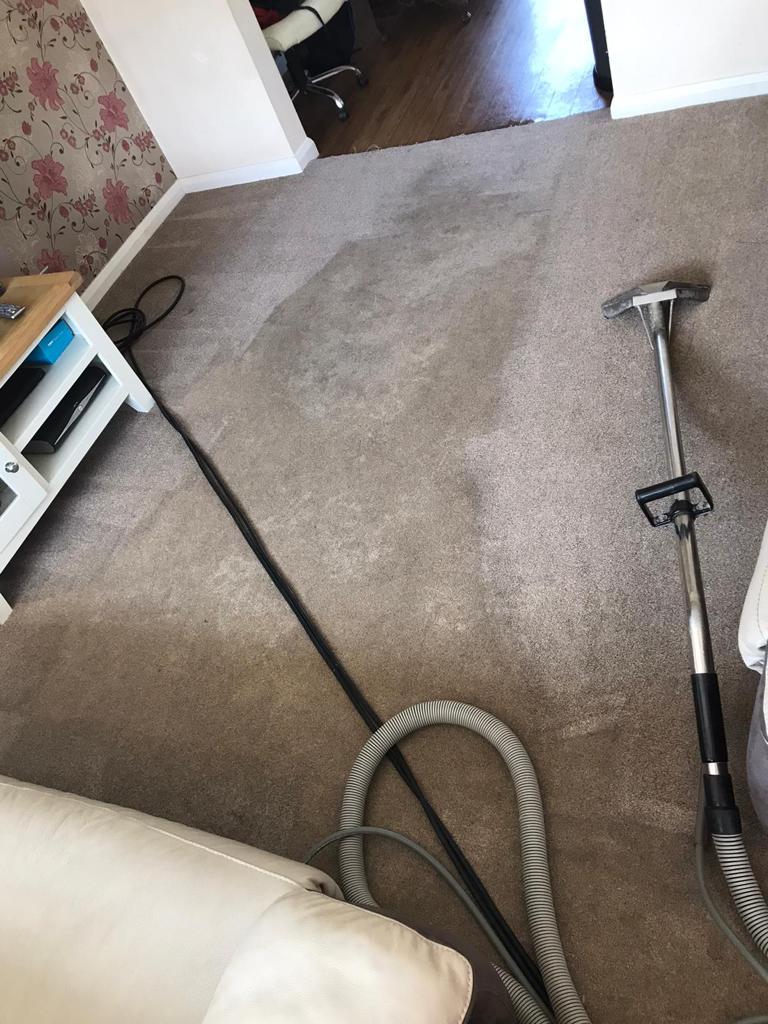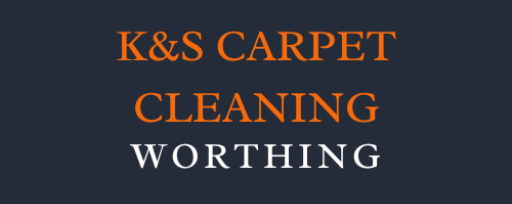Introduction: Maintaining a clean and healthy workplace is crucial for employee well-being and productivity. However, in many commercial spaces, carpets can be breeding grounds for allergens that may affect the health of your employees, particularly those who suffer from allergies or respiratory sensitivities. In this comprehensive guide, K&S Carpet Cleaning Worthing explores the connection between commercial carpet cleaning and employee allergies, offering insights and strategies to create a healthier work environment.
The Allergen Challenge in Commercial Spaces:
- Dust Mites: Dust mites are microscopic creatures that thrive in carpets, feeding on dead skin cells. Their waste particles and shed skins become airborne allergens when disturbed.
- Pollen and Outdoor Allergens: Pollen and outdoor allergens can be tracked into commercial spaces, settling into carpets and contributing to indoor allergies.
- Pet Allergens: If pets are allowed in the workplace, pet dander and allergens can accumulate in carpets, triggering allergic reactions in susceptible employees.
- Mould and Mildew: Moisture and humidity can lead to mould and mildew growth in carpets, releasing spores that can exacerbate allergies.
The Impact of Allergies on Employees:
- Reduced Productivity: Allergies can lead to symptoms such as sneezing, congestion, and itchy eyes, hindering employee productivity and focus.
- Increased Absenteeism: Severe allergies may cause employees to take sick days, affecting attendance and work continuity.
- Decreased Morale: Suffering from allergies at work can lead to decreased job satisfaction and overall morale.
The Role of Commercial Carpet Cleaning:
- Regular Vacuuming: Implement a strict routine using HEPA filters to trap allergens and prevent them from becoming airborne.
- Professional Cleaning: Schedule regular professional carpet cleaning to remove embedded dirt, allergens, and contaminants. Methods like hot water extraction are effective for allergen removal.
- Stain and odour removal: Address stains and odours promptly to prevent mould growth and eliminate sources of allergens.
- Carpet Protectors: Apply carpet protectors to create a barrier against allergen buildup and extend the time between cleanings.
- Humidity Control: Maintain proper humidity levels to discourage mould and mildew growth. Dehumidifiers can help in areas prone to excess moisture.
Employee Allergy Management:
- Awareness: Encourage employees to communicate their allergies and sensitivities. This allows for accommodation and awareness among colleagues.
- Clean Desk Policy: Implement a clean desk policy to reduce allergen accumulation on surfaces, including carpets.
- Personal Workspace: Allow employees to personalise their workspace, but educate them on the importance of keeping it clean and allergen-free.
Conclusion: Commercial carpet cleaning is pivotal in creating a healthier workplace for employees, particularly those with allergies. Regular cleaning and maintenance, employee awareness, and allergy management strategies can significantly reduce allergen exposure. Businesses can promote employee well-being, productivity, and overall satisfaction by prioritising a clean and allergen-free environment. A healthy workplace is not only a legal and ethical responsibility but also an investment in the success and longevity of your organisation.
Call us on: 01903 497 392
Click here to find out more about K&S Carpet Cleaning Worthing
Click here to complete our contact form and see how we can help with your carpet needs.

